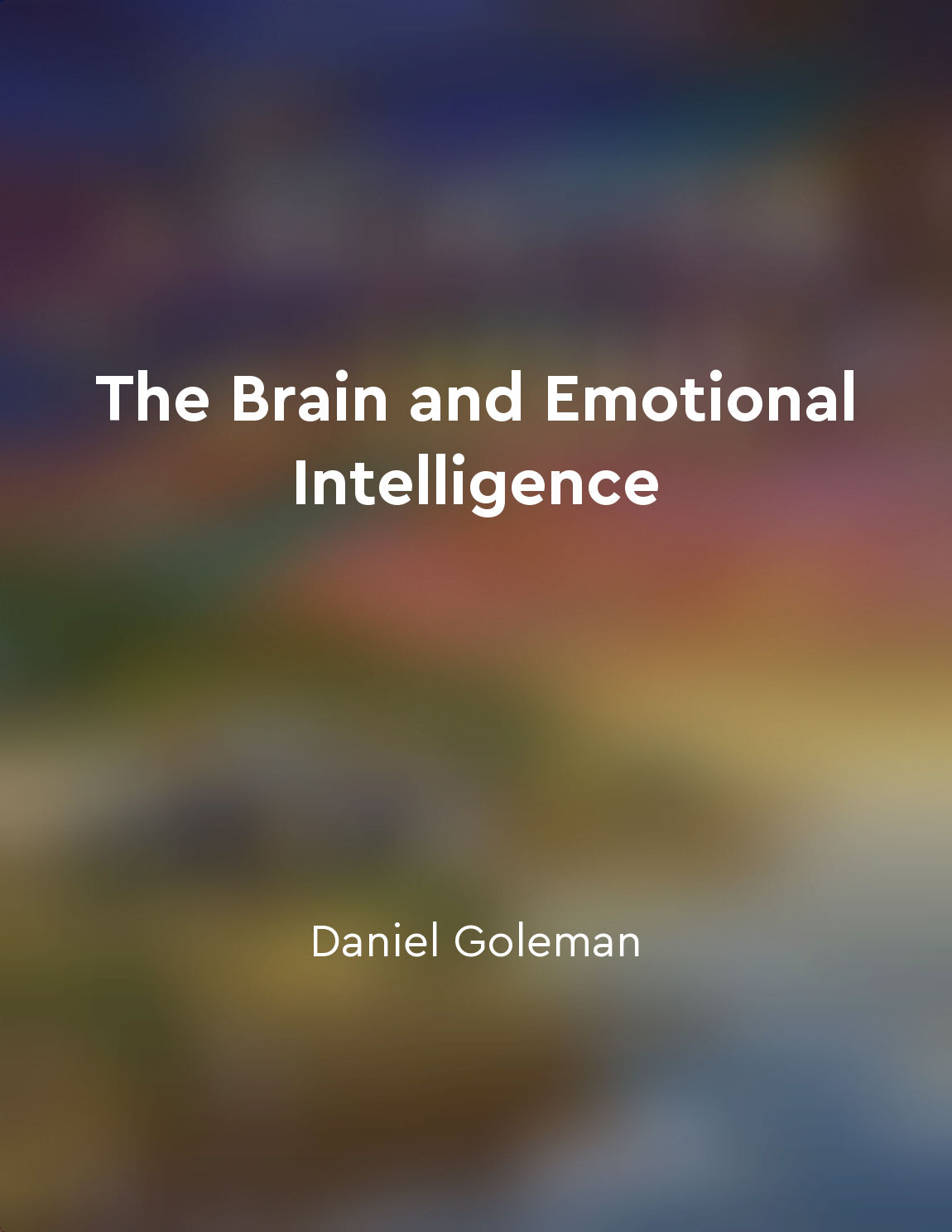Audio available in app
Neural plasticity is crucial for learning and memory from "summary" of Fundamentals of Cognitive Neuroscience by Nicole M. Gage,Bernard Baars
Neural plasticity refers to the brain's remarkable ability to reorganize itself by forming new neural connections throughout life. This adaptive capacity is essential for various cognitive processes, particularly learning and memory. When individuals encounter new experiences or acquire knowledge, their brains undergo structural and functional changes. These modifications enhance the efficiency of neural circuits involved in processing information, enabling more effective storage and retrieval of memories. At the cellular level, synaptic plasticity plays a pivotal role. The strengthening or weakening of synapses, the connections between neurons, is influenced by activity levels. For example, long-term potentiation (LTP) enhances synaptic strength, making it easier for neurons to communicate. Conversely, long-term depression (LTD) can weaken synapses, ensuring that less relevant information is pruned from the brain's network. This dynamic balance between strengthening and weakening synapses allows for the encoding and updating of memories. The role of neurogenesis—the production of new neurons—adds another layer to this intricate process. In specific brain regions, such as the hippocampus, the generation of new neurons contributes to learning and memory by providing fresh cellular substrates that integrate into existing neural circuits. This ongoing generation of neurons not only supports the acquisition of new information but also aids in the consolidation and retrieval of previously learned material. Environmental factors, such as enriched surroundings and social interactions, can further enhance neural plasticity. Engaging in novel experiences stimulates growth factors that promote synaptic plasticity and neurogenesis. The interplay of these elements underscores the complexity of cognitive functions, highlighting how the brain continuously adapts to optimize learning and memory capabilities.Similar Posts

Brain categorizes information for efficiency
The brain categorizes information for efficiency. It does this by creating mental models that help us navigate the world around...

Multitasking can weaken cognitive abilities
In today's fast-paced world, many people pride themselves on their ability to multitask. They juggle multiple tasks at once, be...
Regular mental exercises can strengthen brain function
Engaging in regular mental exercises is essential for maintaining and enhancing brain function. By challenging your brain with ...
Reflective practices can enhance interpersonal relationships
Reflective practices, such as mindfulness, can play a crucial role in enhancing interpersonal relationships. By taking the time...
Develop emotional regulation skills
Regulating your emotions is crucial for your mental health. When you develop emotional regulation skills, you are essentially l...

Practicing emotional intelligence can lead to greater personal and professional success
Emotional intelligence plays a crucial role in our personal and professional lives. It involves the ability to recognize, under...
Engaging in physical exercise boosts cognitive abilities
Research has shown that physical exercise can have a profound impact on cognitive abilities. When we engage in activities like ...
